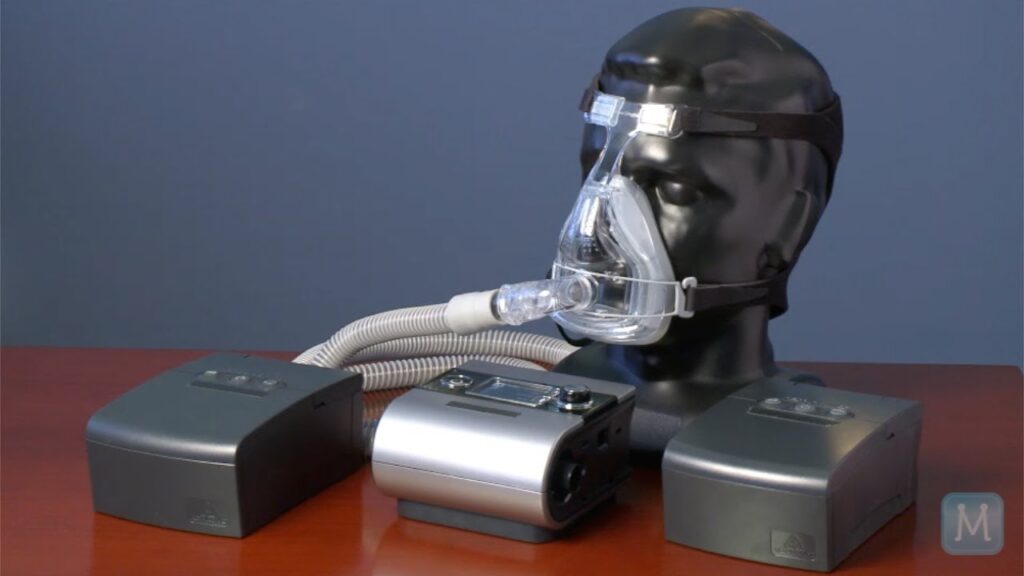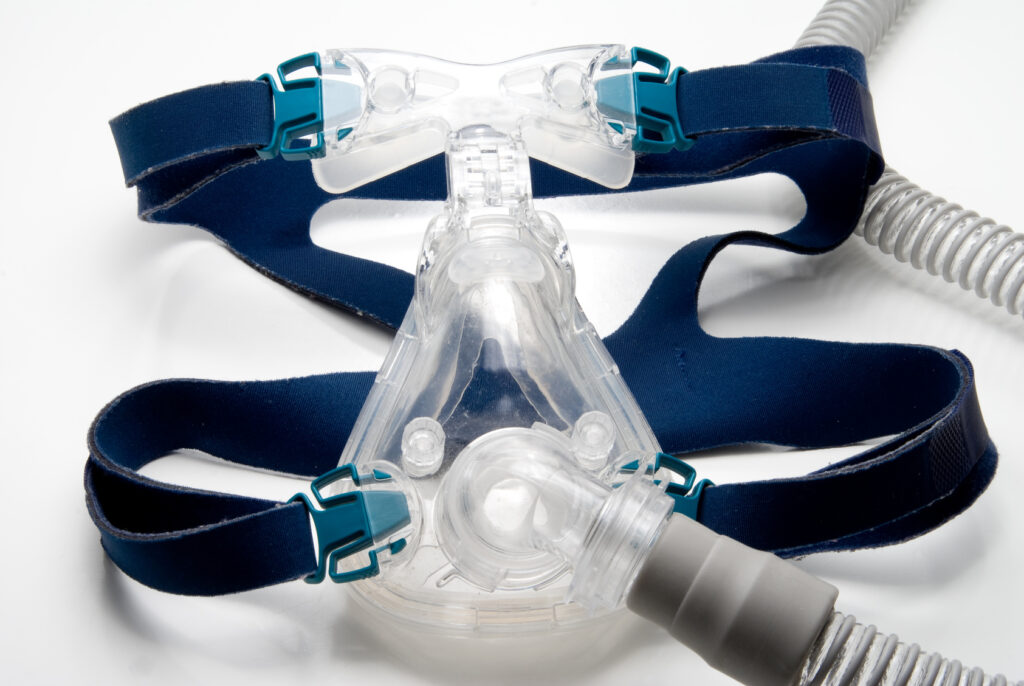CPAP machine remains the best device for treating obstructive sleep apnea. It provides continuous positive airways pressure therapy which enables you to breathe adequately while sleeping. The machine comes with a hose that connects to the mask to supply a steady flow of air pressure to aid excellent breathing. Though the CPAP machine is super easy to use, it is possible that you have a few issues when fixing it for use. Especially if you are a first-time user, you may have to encounter little problems which can be frustrating and minimize productivity.
For that reason, it is important for every user to learn how to avoid unnecessary headaches that may limit the performance of how do cpap machines work. If you have just bought a CPAP machine or you are planning to get one, here are the best tips to help you avoid cpap machine errors and other common issues to achieve maximum efficiency and productivity.
5 Common Problems of CPAP Machines And How To Avoid Them
1. Unsuitable or Unstable CPAP mask
You can only get the best inflow of air pressure when your mask fits properly. Leaky masks can make the air that is supposed to travel straight into your lungs escape. In that case, you can have a CPAP machine fixed to your nose and mouth and still don’t get good breathing while sleeping. Not only that, the wrong size or style of CPAP mask can make you feel uncomfortable all through the night, preventing you from having a sound sleep.
People have different types of facial shapes and configurations. Hence, CPAP masks are not one size fits all. To get the best result, you need to work with your healthcare provider for a professional recommendation before purchasing your machine.
Solution
- Try a wide range of masks
The market makes it easy! Different sizes and styles of masks for CPAP machines are available in stores. For instance, some are full-face masks that generously cover the nose and mouth having straps that extend across the forehead and cheeks. This type of mask is best for those that breathe through their mouth. However, people that breathe through their noses might feel claustrophobic with this mask.
The bottom line here is to make sure you choose the right size and style of mask for your CPAP machine. To make the best selection, make sure you ask your healthcare provider or CPAP machine supplier to help you decide on which mask will best work for you. Of course, the professional must have examined your face and breathing pattern before giving a verdict.

2. Not comfortable with masks
Most people have issues with wearing masks when sleeping. Some even sense that they can’t afford to wear clothes when laying in bed. Yes! It happens. Especially those that move around while sleeping, they may feel uncomfortable not being able to change sleeping positions at will. Whichever category you belong to, there is a tendency that you will have trouble wearing masks to bed – at least for the first few days or weeks.
Solution
If your case requires a CPAP machine but you don’t like wearing masks while sleeping, there is a way out for you. What you need is to get more familiar with the new ways of living. First, I’d recommend that you try wearing your (CPAP machine) mask for some time while you are not sleeping. You may put it on when watching your favorite television program, or when doing some work on your computer. Some other times, you may even turn on the machine and connect it with the hose and mask, then fix it on your nose while lying down awake.
3. Intolerance to forced air
Since you have always been used to the natural air-breathing, you may not like to breathe in a forced air and that can make you intolerant to the machine’s operation.
Solution
If you are using a CPAP machine with a ‘ramp’ feature, you can overcome this problem with little effort. You only need to adjust the settings in such a way that the air will start flowing with low pressure. After a while, the machine will automatically increase the air pressure slowly to your preferred setting when you are already fast asleep.
If you have a personal healthcare provider watching over you while asleep, he may also help you control the airflow in case the pressure makes you uncomfortable when sleeping.

4. Dry, stuffy nose
It is possible that your nose becomes dry and stuffy when sleeping if you have a CPAP machine plugged into your nose. That could happen if your mask is leaky. Air may escape your mask if the mask is not rightly fitted into your nose. A dry or stuffy nose may prevent you from getting adequate sleep and consequently affect the whole activity of the next day.
Solution
Check thoroughly to make sure your mask fits perfectly into your nose. More so, be careful enough to ensure the straps are well tightened to the appropriate places. You also need A CPAP machine with a heated humidifier. This feature allows you to adjust the humidification level to your preference. Lastly, a nasal saline spray can also help prevent a dry, stuffy nose at bedtime.
5. Difficulty falling asleep
As a first-timer, you may find it difficult to sleep with a mask fitted to your nose and mouth. This has been the most common problem people face with CPAP machines. Of course, not everyone can sleep soundly when there is a machine that gives them a restriction on the bed. But, there’s a way out.
Solution
The best way to solve this problem is to first get adapted to the mask. This could mean that you have to wear the mask during the day when performing some tasks that don’t require you to move around. That will help you get familiar with it and make it easy for you to sleep at bedtime.
Finally
You can get the best out of your CPAP machine if you know how to prevent the likely problems you may encounter when using the device. The solutions given above are recommended by expert healthcare providers and CPAP machine dealers. Meanwhile, it is best to allow your doctor to prescribe the right CPAP machine mask for you. They can also help you with some regular troubleshooting and settings adjustments when necessary.
Other articles you may like:
Children and Lasik eye surgery
Life-Long Immunity – No Such Thing
WHY VACCINES ARE HARMFU